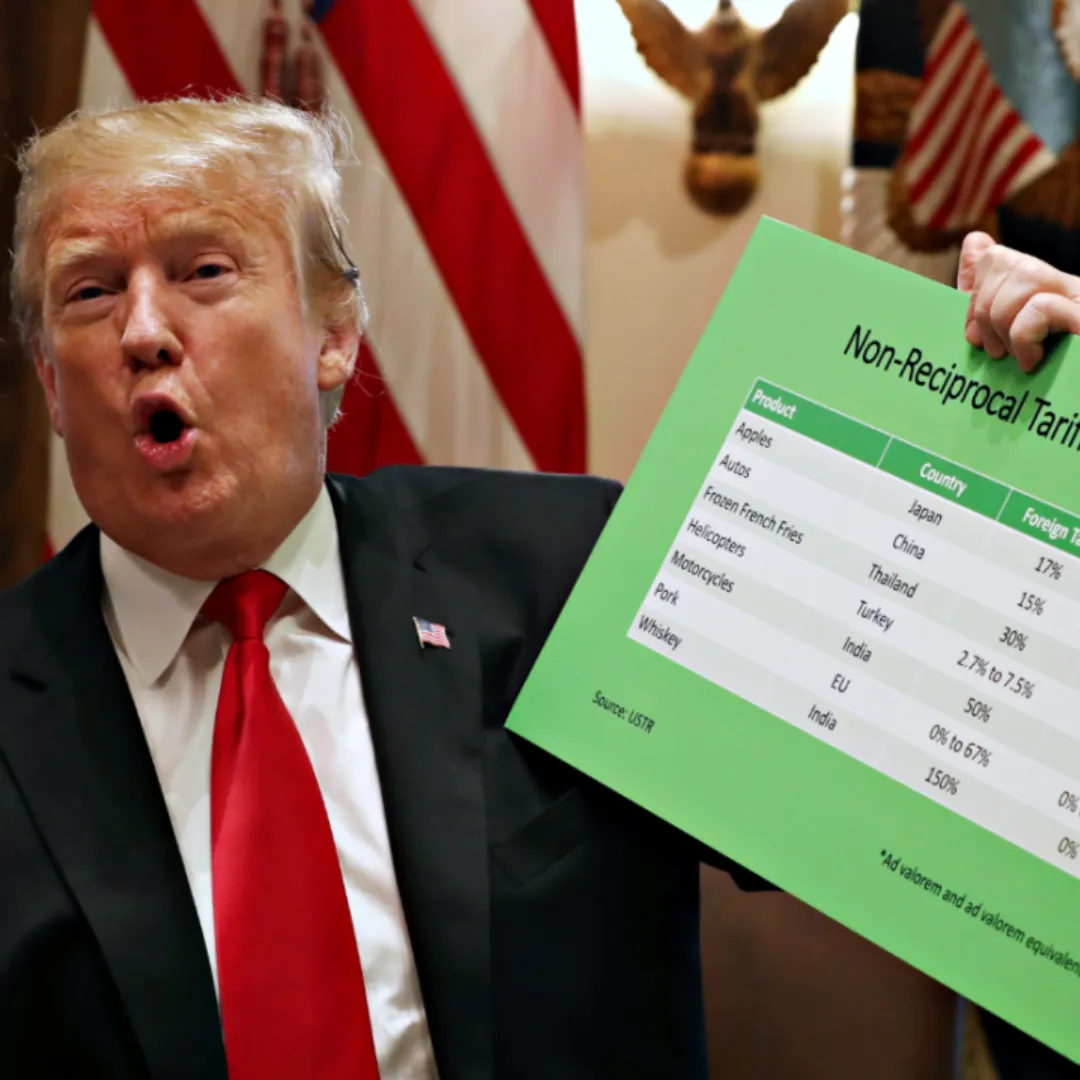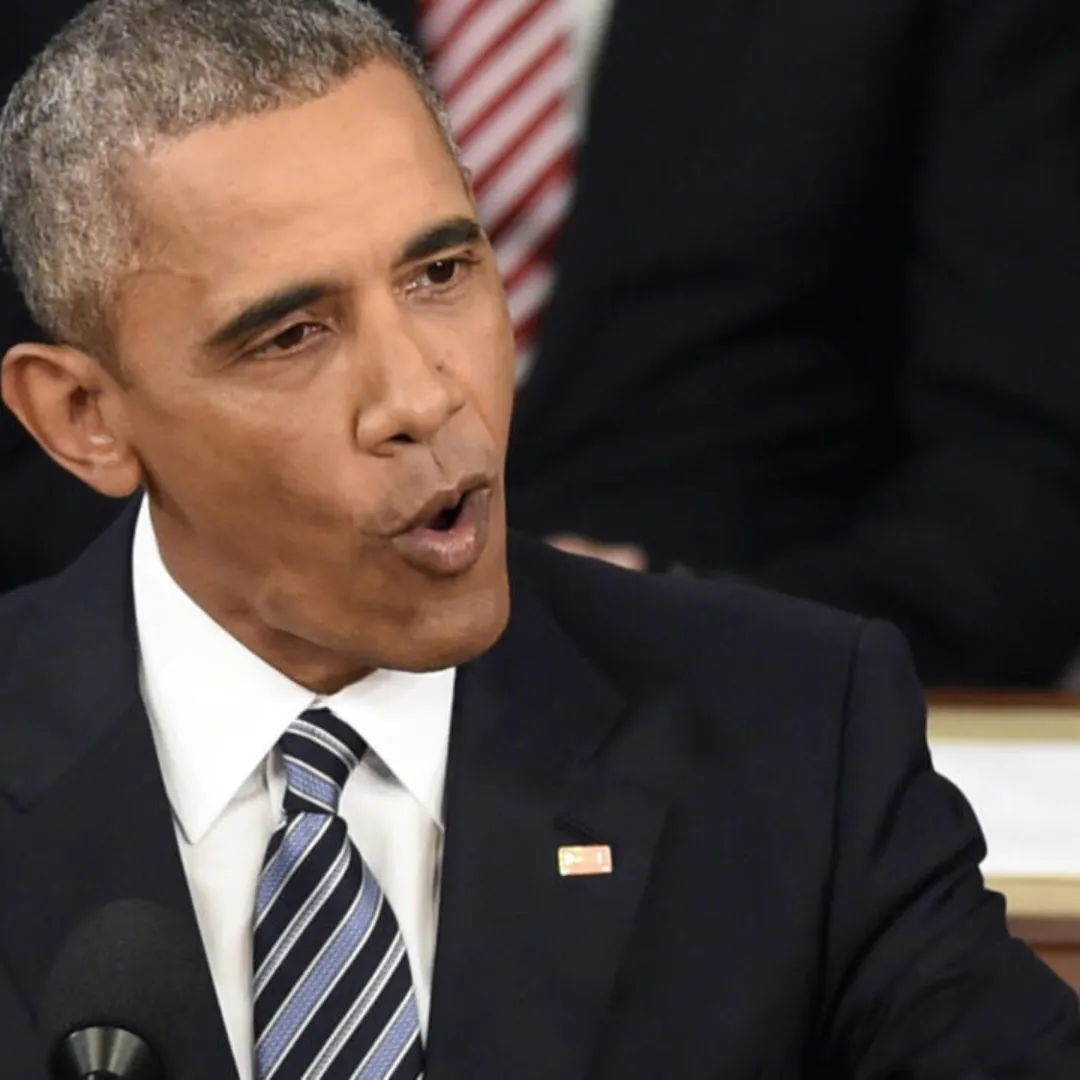
Former President Donald Trump has once again stirred controversy — and concern — after suggesting that he may not leave the national stage after a potential second term in 2028.
The remarks, made during a recent interview with NBC’s Kristen Welker, reignited speculation about whether Trump seriously intends to pursue a third term, an idea that flies in the face of the Twenty-Second Amendment to the U.S. Constitution.
“Well, there are plans,” Trump said cryptically before correcting himself: “There are—not plans. There are methods.”
These “methods” remain unexplained. But in typical Trump fashion, the ambiguity — part performance, part provocation — is by design. He doesn’t clarify whether he’s joking, fantasizing, or laying the groundwork for something serious.
What’s clear is that Trump is once again dominating headlines, testing boundaries, and keeping the Republican Party orbiting tightly around his political gravity.
Trump’s method of operation — introduce a provocative idea, watch the reaction, gauge loyalty — has been central to his political playbook since 2015. He throws out ideas that range from annexing Greenland to buying TikTok, and even pardoning himself, often starting as punchlines before turning into policy discussions.
The third-term question fits this mold.

At first, most Republicans laugh it off. “It sounded like he was joking,” said Senator John Cornyn (R-Texas) when asked about Trump’s comments. Speaker of the House Mike Johnson echoed the sentiment: “He’s joked about it with me onstage before.” Senate Majority Leader John Thune told reporters, “He’s just having some fun with it.”
But then the pattern shifts. An idea that once sounded ridiculous becomes less laughable over time. Trump’s inner circle starts repeating it. Operatives introduce mechanisms. Laws get drafted.
Loyalists echo the message. And before long, Republicans who once distanced themselves from the idea are being asked if they’re loyal enough to support it.
The U.S. Constitution is unequivocal on presidential term limits. The Twenty-Second Amendment, ratified in 1951, reads: “No person shall be elected to the office of the President more than twice.”
Trump has already been elected once, in 2016, and could plausibly be elected again in 2024 — assuming no legal challenges prevent him from running. But a third term would be unconstitutional unless the Constitution is amended.
That hasn’t stopped Trump allies from exploring ways around the rule — or from proposing its repeal outright.
Enter Representative Andy Ogles (R-Tenn.), a MAGA-aligned Congressman who has made a name for himself by drafting boutique legislation tailored to Trump’s impulses.
Ogles has introduced a constitutional amendment that would eliminate presidential term limits, but with a twist: it would only apply to presidents who did not serve two consecutive terms.
That conveniently excludes Barack Obama. It would also exclude George W. Bush and Bill Clinton. But it would include Donald Trump — the only living former president who served a single term and may serve a second, non-consecutive one.
Ogles’s resolution is unlikely to pass. Amending the Constitution requires two-thirds of both chambers of Congress and ratification by three-quarters of the states. Still, the mere fact that it was proposed indicates that some in the GOP take Trump’s ambitions seriously — and are willing to build a legal pathway.
Steve Bannon, Trump’s former chief strategist, openly stated that Trump running in 2028 is a real possibility. “We’re working on it,” Bannon said during a recent NewsNation interview. “I think we’ll have a couple of alternatives.”
One “alternative” floated in pro-Trump circles is that Trump could run as Vice President on a 2028 ticket, then assume the presidency again if the top of the ticket resigns. The idea plays on the constitutional loophole that a person cannot be elected president more than twice — but may still serve more than two terms.
Most constitutional scholars dismiss this as an abuse of the spirit — and likely the letter — of the Constitution. But the fact that the theory is being circulated by Trump loyalists suggests it's being taken seriously in some quarters.
Despite Trump’s clarity — “I’m not joking,” he told Welker — many Republicans are pretending otherwise. It's not just about protecting themselves from an uncomfortable constitutional debate; it’s about preserving political viability within a party where Trump still holds enormous power.
When asked directly, most GOP lawmakers either sidestep the question or treat it as a joke. Their responses mirror those seen during Trump’s refusal to concede the 2020 election, or his musings about declaring martial law to rerun the vote.
Once again, they hope it will go away — or, worse, that humoring Trump will have no consequences.
Trump’s refusal to accept the 2020 election result followed the same trajectory. First, he claimed fraud. Republicans stayed silent. Then he filed lawsuits. Republicans stayed silent. Then came January 6.
As one senior GOP official infamously told The Washington Post in late 2020, “What is the downside for humoring him for this little bit of time?”

That quote now reads like a prophecy. The downside was an insurrection, hundreds of arrests, and a violent breach of the U.S. Capitol. Yet the lesson for many Republicans seems to have been political, not ethical: Trump’s influence is durable, and challenging him is dangerous.
Now, the same pattern threatens to repeat.
With Trump’s grip on the party still tight, loyalty tests are expected to intensify in the lead-up to 2028. Any Republican who refuses to support a third-term amendment — or who even acknowledges its unconstitutionality — could find themselves branded as disloyal.
Already, Trump’s team is keeping score. “Watch who hesitates,” one anonymous adviser reportedly told a journalist after the interview aired. “We’ll know who stands with us when the time comes.”
As in 2020, Trump is likely to weaponize loyalty, rewarding those who echo his ambitions and punishing those who raise legal or moral objections.
Polls consistently show that a majority of Americans support presidential term limits, with bipartisan consensus. Any move to repeal the Twenty-Second Amendment would be deeply unpopular, even among many Republican voters.
Yet the concern is less about legal feasibility and more about Trump’s ability to shift the Overton window — making what was once unthinkable seem normal.
Legal experts agree that any serious effort to extend Trump’s eligibility would be immediately challenged in court. But the real test may be political, not judicial: Will Republicans allow it to get that far?
Democrats have been quick to condemn Trump’s remarks as authoritarian posturing.
“This is how dictatorships begin — with jokes that turn into policy,” said Rep. Jamie Raskin (D-Md.), who served on the January 6 Committee. “We’ve seen this pattern before. The Constitution is not optional.”
Senate Majority Leader Chuck Schumer warned that Republicans’ silence is complicit. “Every GOP lawmaker who fails to condemn Trump’s third-term fantasy is enabling a slow-moving constitutional crisis,” he said.
Some political strategists argue that Trump’s third-term talk is a deliberate distraction. By floating a provocative idea, he can dominate headlines, crowd out opposition messaging, and refocus attention on himself as the party’s indispensable figurehead.
“Trump knows how to bait the media,” said GOP strategist Sarah Longwell. “Every time he says something outrageous, Republicans fall into line, Democrats go on defense, and he keeps the spotlight. It’s not about governance — it’s about narrative control.”
Whether Trump’s remarks are serious or satirical, the lesson of the last decade is clear: Never assume he’s joking. The former president has made a career out of turning the unimaginable into political reality — and of stretching the limits of both the law and public patience.

For now, the Constitution still stands between Trump and a third term. But if history has taught us anything, it’s this: when Trump says he has “methods,” the rest of us should listen carefully.





